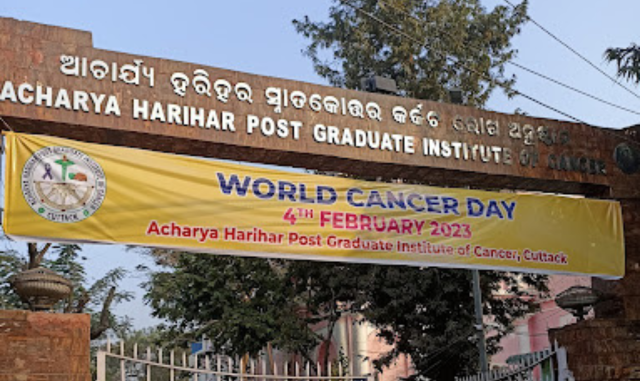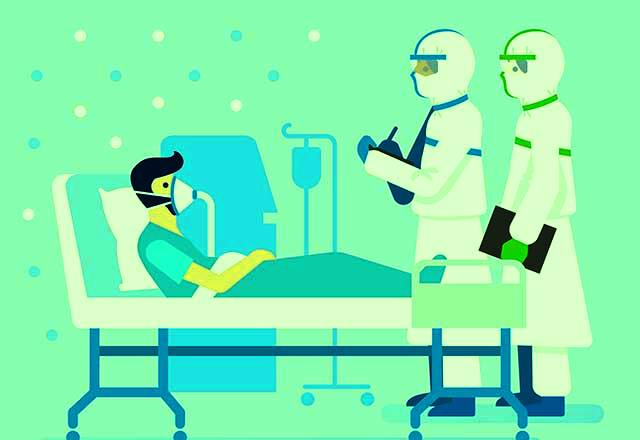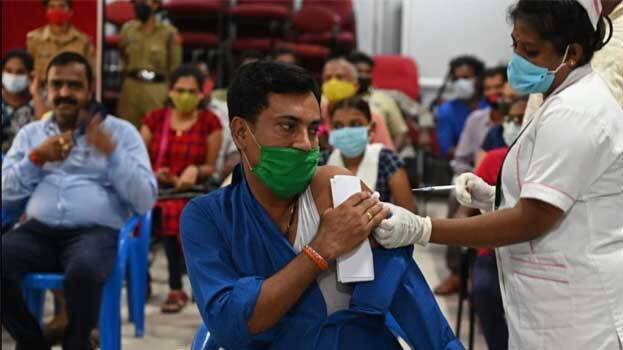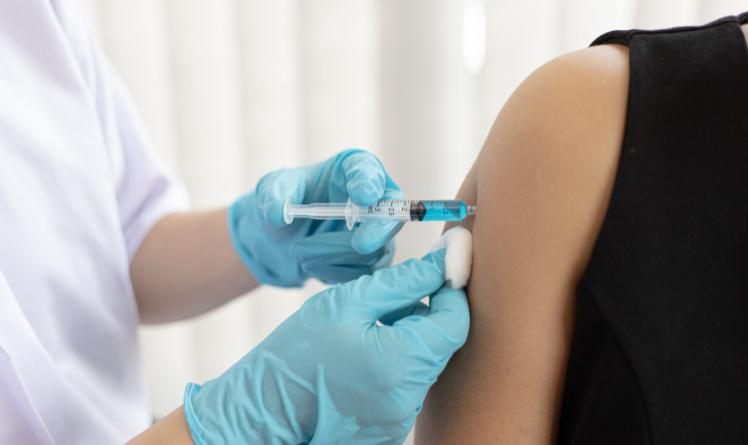Mayurbhanj/Nabarangpur/Keonjhar: UNICEF Odisha, in collaboration with the Department of Health, Government of Odisha & Press Information Bureau (PIB) Bhubaneswar, organized a virtual Media Sensitization Program on COVID and Vaccination in Mayurbhanj, Nabarangpur & Keonjhar.
The panel of speakers included Rajinder Chaudhry, Additional Director General, Press Information Bureau & Regional Outreach Bureau, Bhubaneswar, Akhil Kumar Mishra, Director Regional Outreach Bureau, Bhubaneswar, Dr.Pranatini Nayak, ADPHO (FW), Keonjhar, Dr Sunanda Mishra ADPHO(FW), Mayurbhanj,Dr Prativa Pradhan, Joint Director (Child Health), UNICEF Odisha health specialist Dr Meena Somand, UNICEF Odisha Communication and Advocacy Specialist Radhika Srivastava and Dr.Anil Patnaik from UNICEF.
The sensitization program emphasized on the need to generate greater awareness on COVID appropriate behaviour and encourage more people to take the COVID vaccination.
The panel was commenced by Radhika Srivastava, Communication Specialist, UNICEF Odisha, who said misleading information and rumours were resulting in vaccine hesitancy among people. She urged the media to verify the information with officials and experts to ensure right information is disseminated. In his introductory remarks Akhil Kumar Mishra, Director Regional Outreach Bureau, Bhubaneswarspoke about the changing methods of communication-based on the changing needs. He also highlighted the importance of correct and strategic communication especially during a crisis.
Emphasizing on ways to reach out to tribal populations on COVID vaccine, Rajinder Chaudhry, Additional Director General, Press Information Bureau & Regional Outreach Bureau, Bhubaneswar said, “Tribal communities have a different way of life and we need to understand. With the help of health workers and ASHA we need to get in touch with them and make them aware of the importance of vaccination and eliminate vaccine hesitancy among them.” He further said, “We can take a cue from countries such as the UK & the USA where the number of infected people is rapidly rising. However, since their vaccination coverage has been significant a majority of the cases are mild. We need to also ensure we increase our vaccine coverage so that any future COVID wave will not affect us much.”
Concerned over awareness level in the tribal districts of Mayurbhanj, Nabarangpur&Keonjhardue to geographic challenges, literacy rate as well as misconceptions related to the safety and efficacy of the vaccine, the panel stressed on the need of the media to play a positive role to highlight the facts and reinforce people’s belief in the vaccine. Speaking on the impact of COVID Dr. Anil Patnaik, UNICEF, Odisha stated, “People with comorbidities & immunity deficiency and senior citizens may be more vulnerable to COVID. Only 5% people are getting severely affected due to weaker immune system. In the 2nd wave it was also evident that more younger people are also getting affected by COVID”. He also spoke on different aspects of post COVID care and the need to monitor oxygen level, use of pulse oximeter and explained about the proning method for improvement in oxygen level. Dr Patnaik emphasized on frequent check of oxygen level in case a person tests COVID positive.
Speaking on the vaccination coverage rate in Odisha, Dr Prativa Pradhan -Joint Director (Child Health), “The figures of vaccination coverage in Odisha are encouraging so far. However, we need to step up our efforts so that the coverage can be increased. With regular supplies of vaccines and support of people, we can achieve significant coverage in the state.”
Speaking on efficacy of vaccine, Dr.Pranatini Nayak, ADPHO (FW), Keonjhar said, “The vaccines provided by the Government have high efficacy rates. When combined with COVID appropriate behaviour, the vaccine can protect people from serious illness. This is the reason why more people are recovering in the second wave. Those will reduced immunity and with comorbidities need to take more care as they remain more susceptible than others.”
The experts answered a number of questions ranging from dosage, gap between doses, COVID in pregnant women, facilities for disabled and elderly people and special measure for tribal communities who were unsure about the safety of the vaccine.







